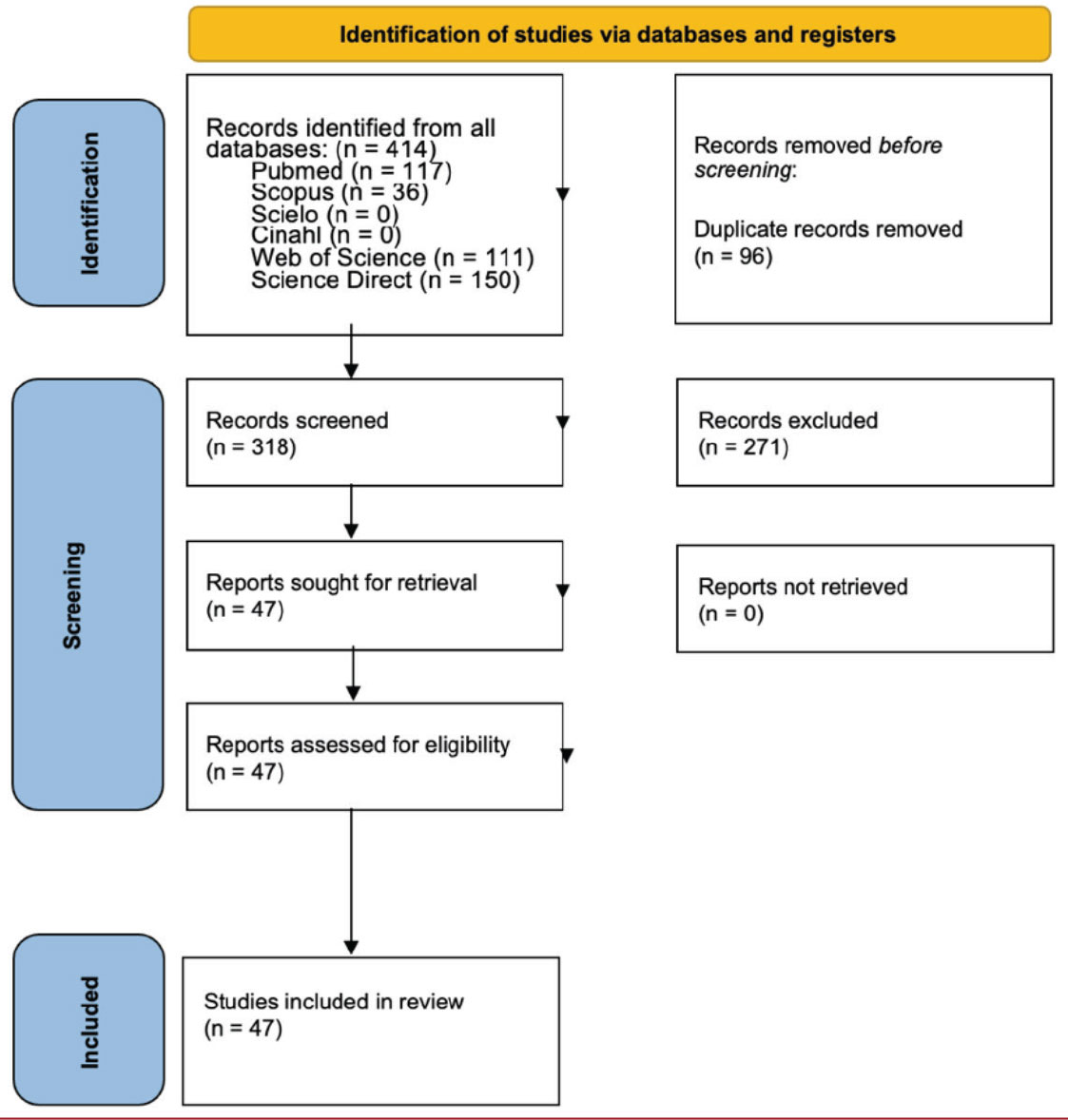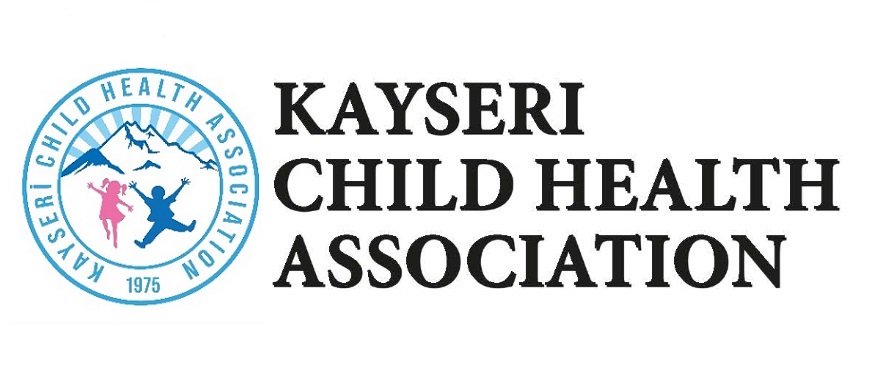Maternal Obesity and ADHD: An Original Review of Evidence and Potential Mechanisms
Maternal Obesity and ADHD
DOI:
https://doi.org/10.4274/jpea.2023.256Keywords:
Maternal obesity, attention deficit hyperactivity disorder, neurodevelopmental disorders, overweightAbstract
This review explores the potential link between maternal obesity [body mass index (BMI) >30 during pregnancy] and the development of attention-deficit/hyperactivity disorder (ADHD) in offspring. This study assesses the strength of this association by examining epidemiological studies and investigating possible biological mechanisms, including inflammation, oxidative stress, hormonal changes, prenatal programing, and epigenetic modifications. In addition, the review considers moderating variables and discusses the public health implications, with the objective of providing valuable insights into addressing this complex relationship for future clinical approaches and public health policies. This original review conducted a comprehensive literature search in August 2023 using various databases and keywords related to maternal obesity and ADHD. English articles published from 2005 to 2023, including case-control studies, cross-sectional studies, cohort studies, and reviews were considered. Multiple authors independently conducted searches, screened titles/abstracts, and extracted data to ensure rigorous methodology. Initially, 414 articles were retrieved from various databases and managed using Zotero. After eliminating 96 duplicates, 318 articles remained for screening on Rayyan. Of these, 47 papers met the eligibility criteria and underwent full-text review for inclusion in the study. Multiple studies suggest a positive correlation between maternal obesity and ADHD symptoms in children. Additionally, maternal obesity is associated with other neurodevelopmental disorders and behaviors in offspring, including heightened motor and anxiety behaviors. The complex relationship between maternal obesity and ADHD necessitates further investigation. Although existing research indicates associations, causality remains unconfirmed. Genome-wide association studies reveal shared genetic pathways, supported by rodent models. Human studies must address confounding factors. Promising interventions exist but require validation. Comprehensive research encompassing genetic, environmental, and metabolic factors is crucial for understanding the full impact of maternal obesity on neurodevelopmental outcomes.

Downloads
Published
How to Cite
Issue
Section
License
Copyright (c) 2024 The Journal of Pediatric Academy

This work is licensed under a Creative Commons Attribution-NonCommercial-NoDerivatives 4.0 International License.








